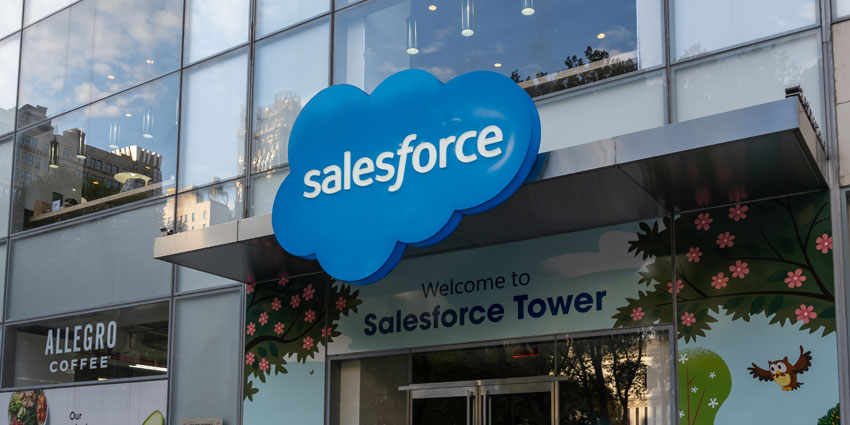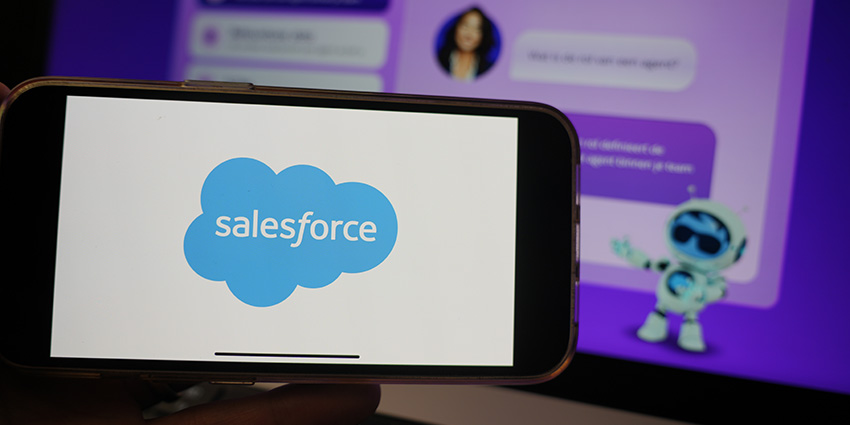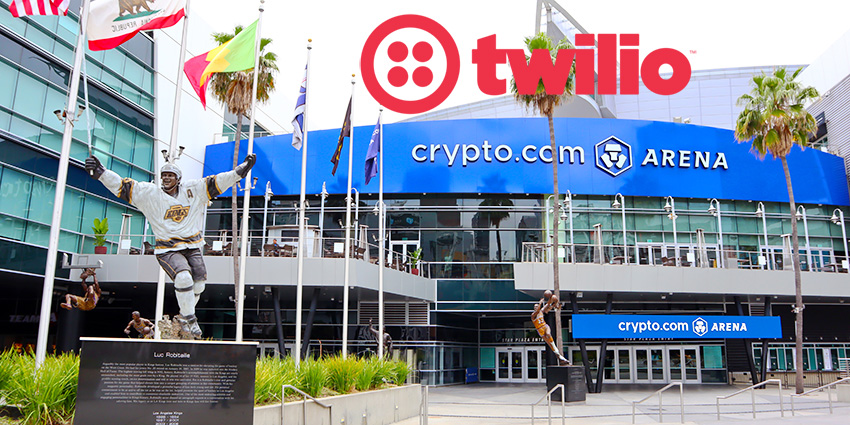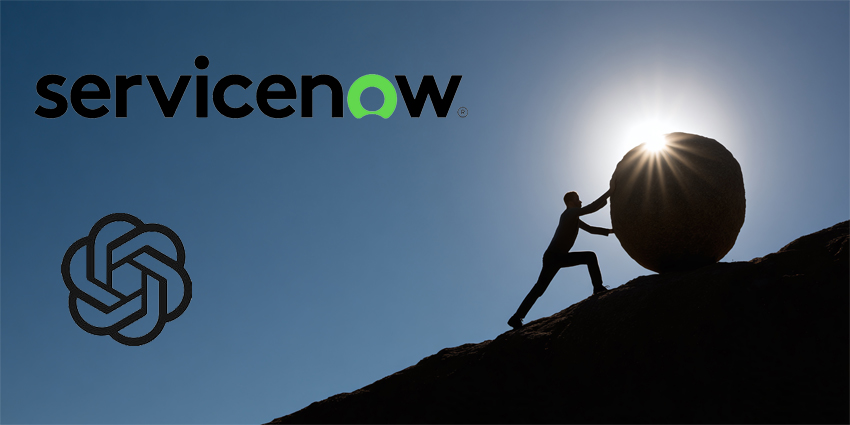Marc Benioff, CEO of Salesforce, jabbed Microsoft again in his latest podcast appearance.
“Thank God we left that ‘Clippy’ copilot age behind us,” he joked.
From there, he highlighted the transition to AI agents or “digital labor”, which hundreds of thousands of organizations are already experimenting with.
Yet, most interestingly, Benioff teased what will come next: humanoid robots.
On the SuperhumanAI podcast, he explained: “We’re in the agentic age, and we’ll move into the robotic age at some point.
There are hundreds of companies working on these humanoid robots, and they could be very interesting with the models that they’re building.
The CEO referenced the ALOHA robot as an example, built by Stanford University, which learns from humans to cook, clean, and even do laundry.
Yet, as Benioff suggests, there are many others.
For instance, NEOA by 1X creates similar “home helpers” with a conversational interface to onboard feedback.
Soon, these may evolve into “office helpers”, assisting with various office tasks, like running to the printer, carrying boxes, and mopping floors.
From a CX perspective, consider what such humanoids could mean for the store experience. Robot shelf-stackers, security guards, and store assistants could all become possible.
Soon, robot store assistants may even interact with customers and perform tasks such as calling them when their order is ready for pickup.
As such, Salesforce may link to these humanoids to track machine-to-customer, or possibly even machine-to-machine, interactions.
Elsewhere, some humanoids are already being tested in the workplace.
Consider the Boston Dynamics “Atlas” robot. It’s already fitting into factory environments, sorting tasks, and – crucially – adapting to real-time feedback.
Yet, despite all the advancements, Benioff confessed that this is still very much the age of limited AI.
Nevertheless, he praised the pace of AI developments across the board.
“We’re looking at this stuff every single day, and the pace of progress is pretty crazy,” Benioff added.
Despite Optimism, Challenges Persist
Salesforce has led from the front when it comes to AI agents, and this discussion highlights Salesforce’s drive for thought leadership.
With the launch of Agentforce, Salesforce was among the first to bring autonomous AI agents to market, integrating them seamlessly into its ecosystem.
Yet, despite the growing optimism regarding different AI verticals, Salesforce and its competitors still face significant issues in the current AI agent era.
First, these providers must overcome issues related to organizational AI readiness.
For instance, Agentforce operates most effectively through clean, structured data, and many organizations are still processing years of technical debt, even those utilizing Salesforce’s advanced CRM applications.
Other issues include tricky pricing models, which are currently leaving customers confused about what they are paying for.
Salesforce’s own pricing strategy of $2 per conversation is an excellent example.
Sure, it may seem affordable, but there is confusion around usage limits, overages, and what constitutes a ‘conversation’.
Moreover, some AI agents will drive more value than others. As such, customers are asking: shouldn’t they be priced differently?
However, these initial ‘teething problems’ shouldn’t detract from the developments in AI and the buzz and excitement involving humanoid AI.
What challenges has your organization faced with AI agents? Join our Reddit Community and let us know.






